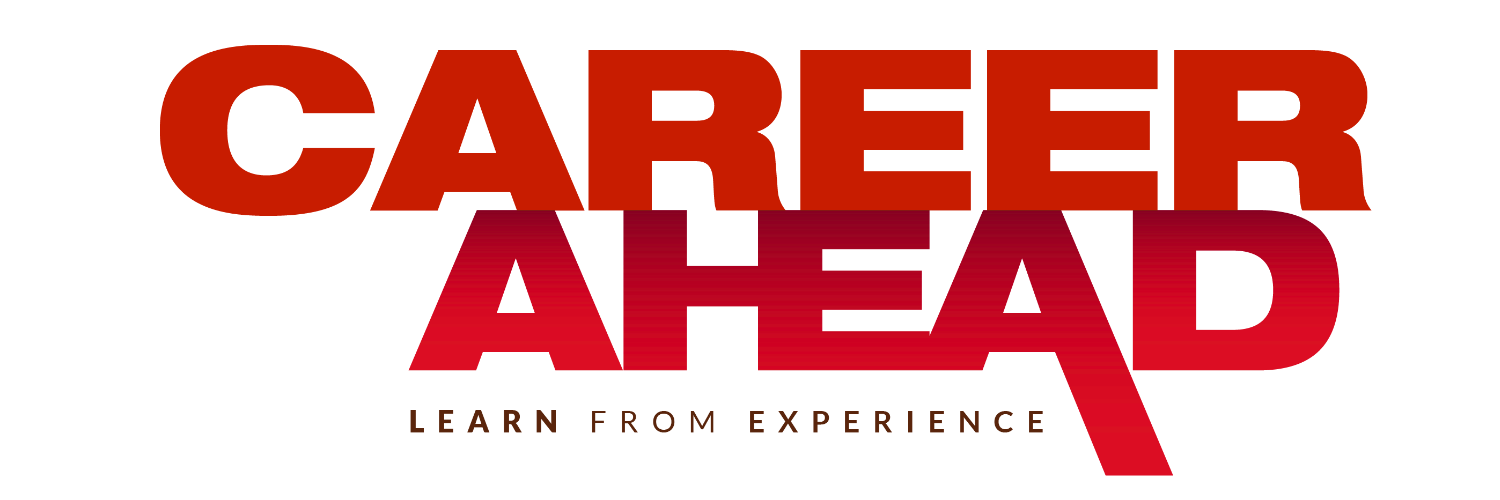No products in the cart.
Success is Not Enough
He was at the peak of his career. In his late 40s, he was the head of an international corporation, influential and wealthy, good-looking and athletic. Carsten Schloter, German-French top manager and CEO of Swisscom, embodied everything one imagines success to be. But then the shock! In the summer of 2013, Schloter took his own life – a dramatic fall from a great height. What remains is his wife, from whom he lived separately for the last few years, three children and the big question: Why? The Swiss business magazine BILANZ wrote about his suicide: “His suicide is probably the most shocking death in recent Swiss business history.”
The death of Carsten Schloter really touched my heart. And it led me to think about important questions. What does success really mean? Is it all about money and career? If material things are the most important, why are so many successful people unhappy? And if a successful career is the ultimate goal in life, why do managers commit suicide at the peak of their careers? Was Carsten Schloter successful? From the outside, yes – but on the inside? How would he himself, how would his wife and children answer these questions? One thing became clear to me: true happiness goes deeper than material prosperity and success in life is more than just career success.
We all want to be successful.
We should clarify what we mean by this.
We all want to be successful! That’s good and that’s what distinguishes leaders. The will to succeed is vital to achieve great goals. But the definition of success is crucial! We should clarify what we mean by success. When I ask executives if they want to be successful, they all answer yes. When I then ask them what success means, things get exciting. Usually the answers relate to business: achieve goals, realize projects, expand market share, increase profits, and so on. In terms of one’s own life, success for most people means making a career, reaching a high position, earning good money. The point is: Carsten Schloter was successful in all these aspects. But was he really successful in life?
Many people are partially successful.
But they often pay a high price.
What we need is holistic success. What do I mean by that? Many people are partially successful, which means they are successful in a certain part of their life, for example in their career. But they often pay a high price for it in other areas of life. We are only truly successful when we succeed in our whole life: career and private life, job and relationships, money and happiness. How can this work? I have defined three core areas that make up success and in which we should be successful: Career, Relationships and Personality. See the sketch below.
The outer circle: Career. This includes successful career development, a good job and good money. The best place to be is in your ‘sweet spot,’ which is the intersection of your strengths and preferences. It’s good to be successful in your career. The problem: Quality of life and relationships are often sacrificed on the altar of career success. This leads to the second circle.
The middle circle: Relationships. By this I mean, above all, the most important people in our lives: Spouse, children, friends. I know too many leaders who sacrifice their most important relationships on the altar of career success. The marriage is broken, contact with the children is weak, one has hardly any real friends left. By the way, I have never heard anyone say: “When I look back, I regret spending too much time with my spouse and children”; but I do hear the opposite quite often.
The inner circle: Our own personality. Perhaps we manage to be successful at work and to manage our relationships to some extent. But many confess: “If I am honest, I lack inner fulfilment.” Or, “I’ve accomplished a lot, but if I’m honest, I’ve only ever tried to live up to other people’s expectations.” This inner circle is about the core of our being. It is about our heart. What is really important to me? What do I want to live for? Does my actual life fit with it? What has become of my dreams? Why am I in this world – what is my purpose? There are no answers to these questions at the push of a button – we need time to reflect. I believe that facing up to these questions is the most important (self-)leadership task.
We are only truly successful when we succeed in life as a whole.
To conclude, career success (outer circle) is not the same as life success (outer, middle, and inner circle). We are only truly successful when we succeed in life as a whole. Otherwise, we will suffer. This kind of suffering is often hidden behind external success and decorated with various status symbols. Being only partially successful is not enough. We are made for more. Whole success should be the goal of our lives. Are we on track? The following questions can help us:
Asking yourself the right questions is the most important leadership task.
• Am I really successful – in terms of my whole life?
• What do I want to live for?
• What is important to me? What are my core values?
• Am I in the right place? Am I moving in my sweet spot?
• How do I lead a happy family life?
• What is my purpose?
• If my life ended now, could I look back on a fulfilled life?











